North Carolina law about unfair trade practices is dense, complex and changing. However, if you or your business suffered financial damages because of a third party’s unfair practices, you may be eligible for financial compensation.
Learn more about what type of actions the state considers unfair trade, which requires a three-part test to determine whether the injured party can receive legal damages.
Was the action unfair or deceptive?
You must show that the business actions in question were either deceptive or unfair. Deceptive actions are those that are unethical, immoral and/or run contrary to established law or policy. The defendant must assert his or her power in a way that injures a consumer with the potential to deceive, though the deception need not be successful or intentional for a lawsuit to succeed. However, the defendant may argue that he or she acted in good faith.
Proving unfairness requires the plaintiff to show that the business’s practices negatively impact consumers. The court will consider whether the actions violate policy and/or review the policy’s effects on clients and the public.
Were you and the defendant in commerce with one another?
If you purchased a product or service from the defendant, an act of commerce occurred. Any type of trade or business activity can result in an unfair practices claim, even if no contractual obligation existed. In fact, breach of contract cases fall under a separate North Carolina statute. Examples of unfair practices include:
- False representation of a product or service
- Failure to inspect a product for sale
- Knowingly or intentionally making false statements about a product or service
- Refusal to honor a warranty in bad faith
- Lying to the client
Did the unfair or deceptive actions cause actual damage?
The court defines actual damage as:
- Loss of distinctive, specific property
- Loss of an asset’s appreciated value
- Any other elements of damage displayed by the evidence in the case
In some cases, plaintiffs can receive treble damages. This award equals three times your actual related damages.

